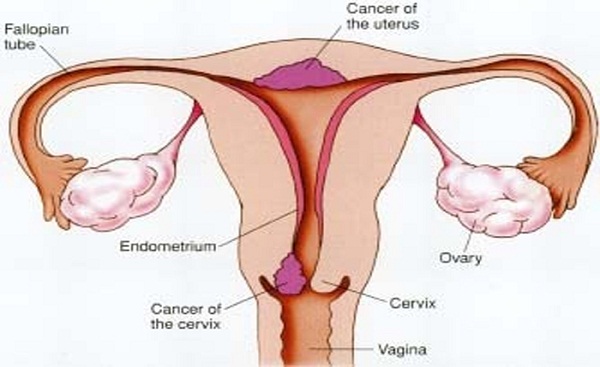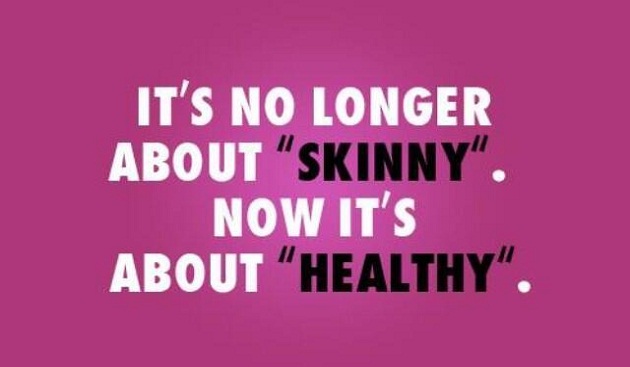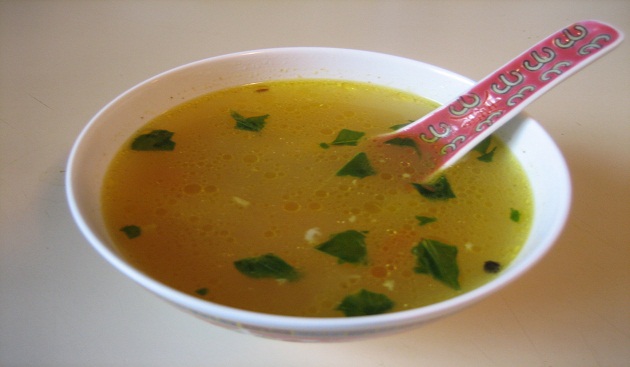What is blood pressure?
The pressure that the blood exerts against the blood vessel walls is known as blood pressure. If the pressure is high, then your heart will have work more to ensure sufficient blood flow in the body. There are two types of high blood pressure – essential hypertension and secondary hypertension. Primary or essential hypertension affects 95% of patients and has no clear cause. 5 to 10% of cases are secondary hypertension, which affects the kidneys, heart and arteries.
Causes
Narrowing of arteries, heart beating faster or forcefully can cause high blood pressure. Underlying medical problems can also cause high blood pressure. Though there is no cure for blood pressure, it can certainly be controlled and prevented.
Complications
People can have blood pressure without even knowing it. When the condition goes untreated, blood pressure can damage heart, kidneys and other parts of the body. Therefore, it is essential to know if your blood pressure is the normal range, even if you are feeling fine.
Symptoms
Few symptoms of blood pressure can cause breathlessness, nosebleeds, vision problems, headaches, blackouts and fits.
Blood Pressure Numbers
BP has two figures and is measured in millimeters of mercury. The first number or the systolic pressure indicates the arterial pressure when there is a heart contraction. The second number or the diastolic pressure indicates the arterial pressure when the heart rests. 120/80 is normal blood pressure range. Numbers that are either more or less indicate high or low blood pressure.






